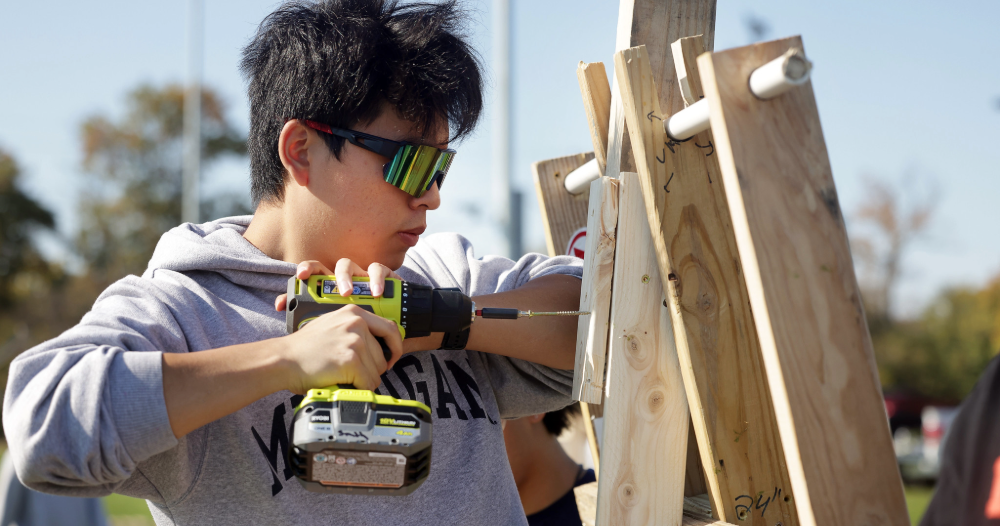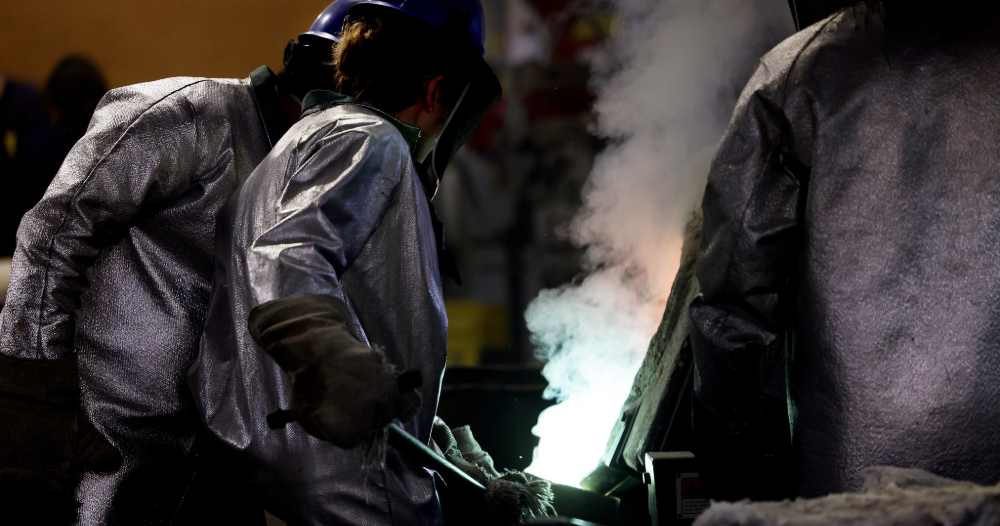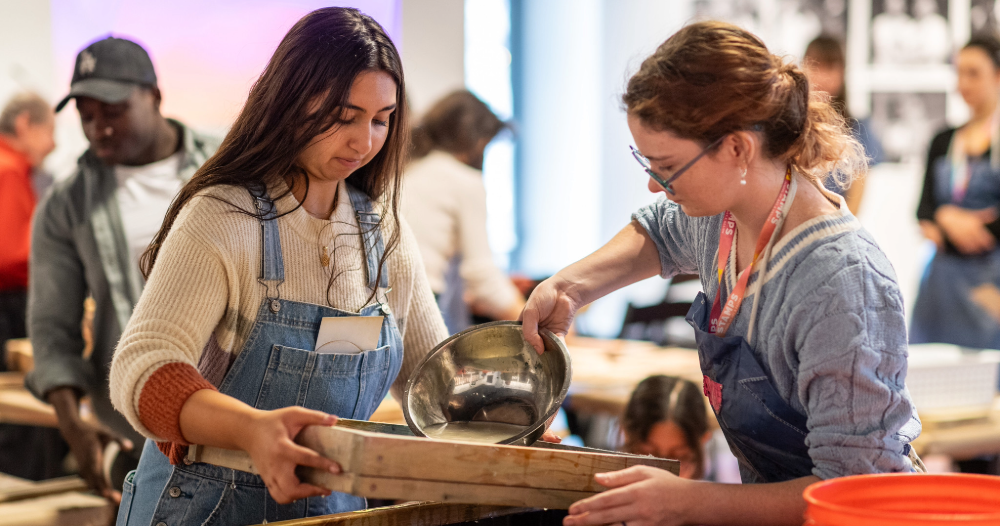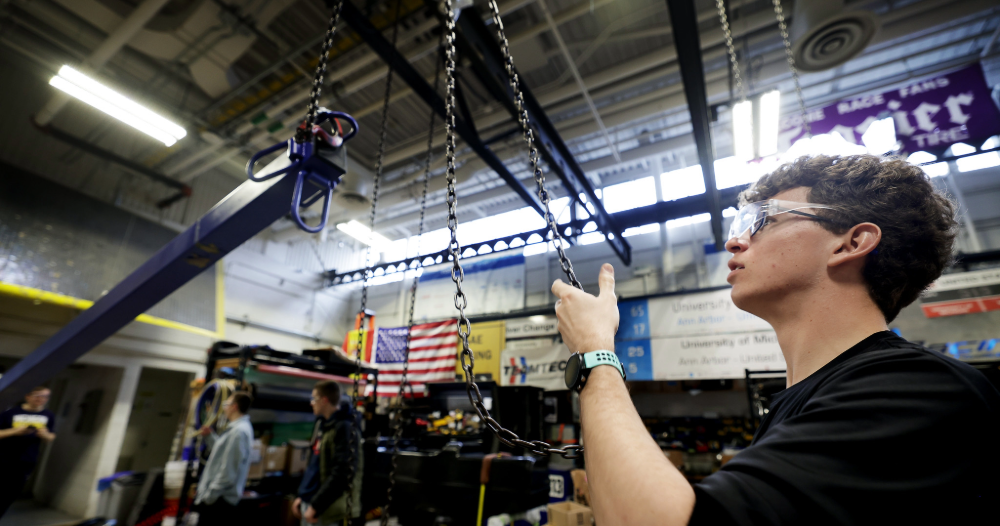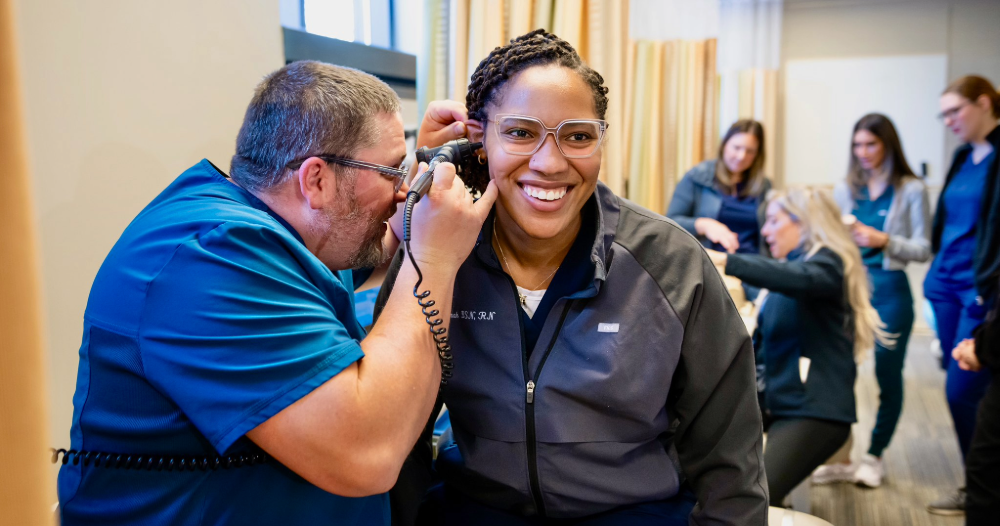Experiential Projects
Experiential-based projects are learning activities or initiatives that engage individuals in direct experience and focused reflection to increase knowledge, develop skills, and clarify values. These projects emphasize “learning by doing” and often involve hands-on, real-world tasks and challenges that require active participation.
Experiential Project Experience Opportunities at the University of Michigan
These are only some opportunities listed. Check with your department for more opportunities. If you have an opportunity to add, please let us know!
Missing an Experience? Add it here.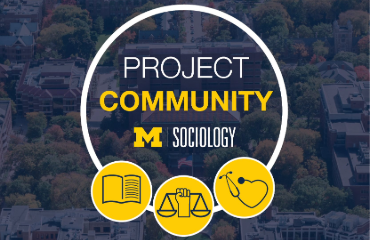
Project Community
Project Community is an experiential program that is designed to allow students to participate in community-engaged learning experiences through a sociological lens. Students are able to gain new perspectives on social inequalities through their experiences with a variety of community sites, including elementary schools, afterschool programs, health clinics, social services agencies, advocacy centers, and other nonprofit organizations in Southeast Michigan.
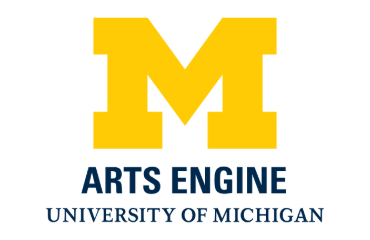
ArtsEngine
ArtsEngine is an interdisciplinary initiative for students and faculty supported by the five North Campus schools and colleges (Engineering; Architecture & Urban Planning; Art & Design; Music, Theatre & Dance; Information). We provide grant funding for interdisciplinary projects and research, co-sponsor campus-wide programs, such as the MPowered Innovation Challenge and the Science as Art competition. We also offer co-taught courses on creativity and collaboration through our UARTS courses, and support the Living ArtsEngine residential community.
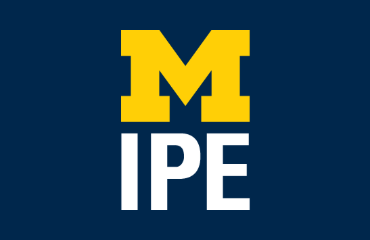
International Programs in Engineering (IPE)
Study abroad and take engineering courses towards your major! Join the 900+ engineering students who have an international experience each year to gain valuable life experience and prepare for the challenges of today’s global workplace. Returning students agree that the experience offers a broader perspective on the engineering field and a deeper understanding of the world.

Global Health Design Initiative (GHDI)
The Global Health Design Initiative provides curricular and co-curricular opportunities for undergraduate students to collaborate with stakeholders to define problems and develop and implement solutions to address essential health care challenges.
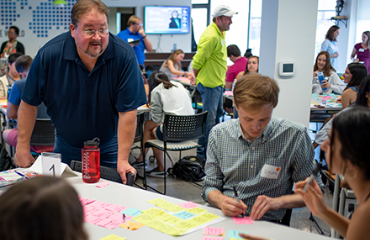
Center for Socially Engaged Engineering & Design (C-SED)
The Center for Socially Engaged Engineering & Design empowers students and practitioners with perspectives and skills needed to design effective, socially conscious technology interventions. We believe this requires designers to take into account the fullest social, cultural, economic, and environmental contexts of their design process and to analyze how their own biases shape their approach.
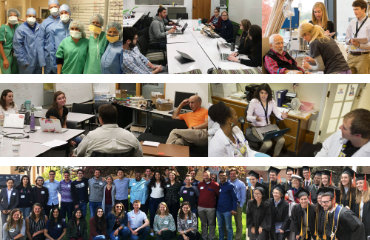
Center for Healthcare Engineering & Patient Safety (CHEPS)
CHEPS brings together students from many different backgrounds to collaboratively solve real-world problems in healthcare. Visit our project page for examples of the types of projects that students at CHEPS have the opportunity to work on. We hire students of all degree levels and majors, which include (but are not limited to) engineering, computer science, pre-med, nursing, public health, informatics, business, and humanities.
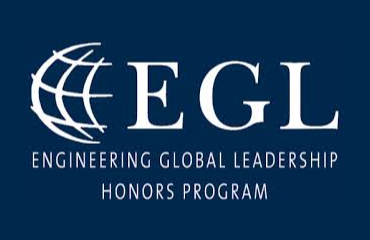
Engineering Global Leadership (EGL)
Engineering Global Leadership (EGL) is a unique specialization of the Engineering Honors Program, designed for those students interested in global operations and the intersection between engineering and business. EGL prepares students to communicate across cultures and across the engineering and business boundary, increasing global competitiveness, allowing students to deepen their technical knowledge while preparing to become global leaders in engineering and business.
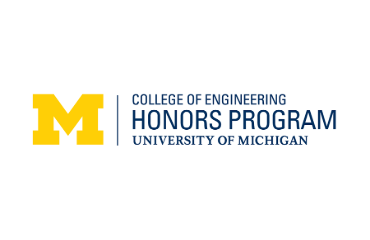
Engineering Honors Program
The Engineering Honors Program is an opportunity for highly-motivated students to reach their full potential, supported by a community of peers, in pursuit of meaningful work and lives. Students pursue high-impact projects in areas such as research, design, entrepreneurship, public service and global operations.
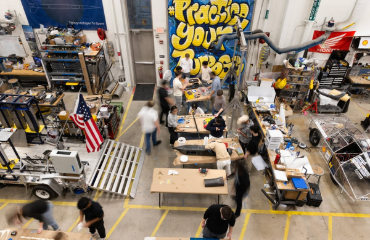
Wilson Student Team Project Center
The Wilson Student Team Project Center is a work space to exercise practical application of engineering knowledge through hands-on development, fabrication and testing. The Wilson Center facilitates idea sharing, collective learning and opportunities for students to develop leadership, management and presentation skills.

Women in Science and Engineering (WISE)
WISE aims to increase the participation by women and gender minorities in academic programs and careers in science, technology, engineering and mathematics, and to foster their future success.

Summer Undergraduate Research in Engineering (SURE)
SURE offers summer research internships to outstanding undergraduate students who have completed their sophomore or junior year. The program provides opportunities for students to assess their interests and potential in pursuing research at the Masters or PhD level in graduate school.

Center for Entrepreneurship
The CFE is an innovation hub where the ideas, people, resources, and technology meet and create the future. We provide active-learning experiences to all students via ENTR classes and immersive programsdesigned to translate high-potential projects and ideas into the world. CFE fosters an entrepreneurial mindset by preparing you to identify opportunities, innovate, experiment, build relationships, manage risk, and persevere. You’ll learn to create and communicate via these constructs and become better prepared to lead teams that identify – then act to solve – impactful problems.

Multidisciplinary Design Program
The Multidisciplinary Design Program provides team-based, “learn by doing” opportunities for 950+ students from across the University every year. With MDP, you can: apply what you learn in class to engineering design challenges; gain the technical and professional skills necessary to thrive in engineering research or professional settings; experience how people from multiple disciplines collaborate within a team.

Tauber Institute for Global Operations
The Tauber Institute for Global Operations is a program with the University of Michigan’s Ross School of Business and College of Engineering facilitating multi-disciplinary education, leadership training and action based learning in cutting-edge operations and supply chair management. Intensive and immersive student-industry team projects are the capstone of the Tauber Institute experience, allowing students to apply their knowledge and teamwork to real-world settings.

Technical Communication Program
The Program in Technical Communication prepares engineering students to communicate, lead, and innovate in an increasingly global and digital environment, ensuring that every Michigan Engineer has the communication skills necessary to succeed in their professional lives. Because it’s never just about the tech. Engineers need to share their solutions, motivate their team, persuade stakeholders, and work across their organization, all with the goal of solving complex, messy, and wicked problems. Through its courses, instruction, and mentorship, the TC Program empowers students to succeed in the complex communication responsibilities they will face in their future engineering careers. You’ll start learning tech comm skills in your ENGR-100 course, and continue throughout your four years in customized courses that integrate communication instruction within each engineering discipline.
What are some skills I will learn?
Career Preparation
Engaged learning can significantly bolster a student’s resume. Employers highly value candidates who have practical experience in addition to academic achievements. Engaged learning experiences can also provide valuable networking opportunities.
Interdisciplinary Learning
Many engaged learning opportunities are interdisciplinary, allowing students to collaborate with individuals from various fields of study. This broadens their perspective and helps them understand the interconnectedness of different disciplines.
Enhanced Understanding
By applying theoretical knowledge to real-world situations, students deepen their understanding of academic material. This practical application helps to reinforce what they’ve learned in lectures and readings.
